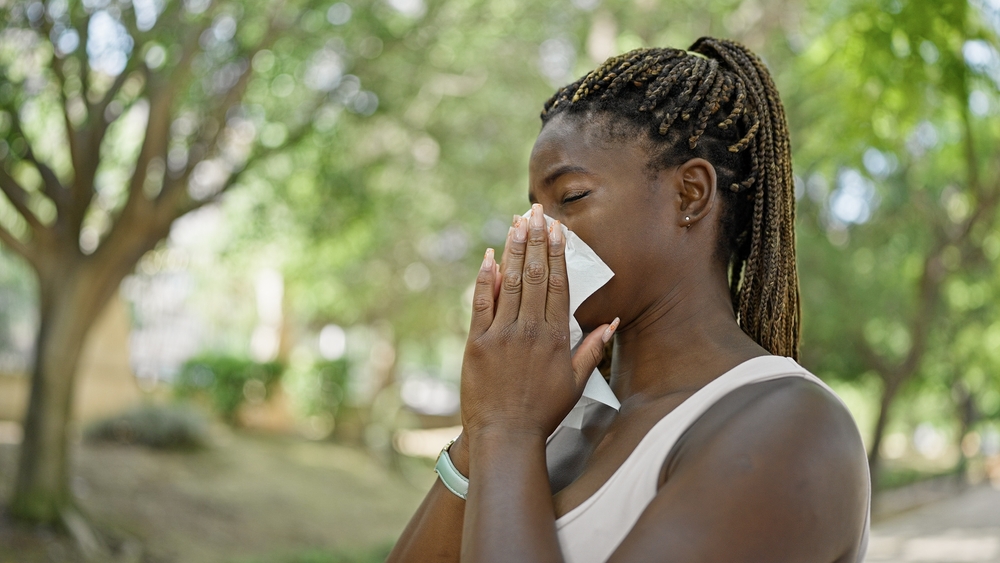
Do you have a much more difficult time when it’s really humid outside? It’s not just about feeling steamy; it could also be impacting the health of your sinuses. High humidity levels can frequently aggravate sinus infections, also known as sinusitis.
Symptoms of a sinus infection
Discomfort and an overall disruption of your day-to-day life frequently go hand-in-hand with sinus infections. When fluid containing viruses or bacteria builds up in the sinuses, a sinus infection is frequently the outcome.
Timely intervention depends on identification of the symptoms:
- Headaches: Pressure headaches are a prevalent symptom, signaling sinus inflammation.
- Excessive Sinus Drainage: Another indication of a sinus infection is constant sinus drainage.
- Tooth Pain: Tooth pain isn’t uncommon with sinus infections.
- Fever: Sinus infections sometimes come with a persistent fever.
- Persistent Nasal Congestion: Stubborn sinus congestion lasting for weeks is often the consequence of sinus infections.
While not all symptoms will present at the same time, if you have any protracted or extreme cold-like symptoms, see your primary care physician to determine the possibility of a sinus infection.
Can a sinus infection be triggered by humidity?
While sinus infections can be the result of a range of causes, humidity plays a significant role in aggravating the condition. Humidity can have a significant impact on respiratory defense systems which, in turn, can contribute to sinus infections.
- Effects on Cilia Function: Cilia, tiny hairs in the nasal canal responsible for moving mucus and filtering pathogens, are impacted by humidity. The body’s defense against infection can be compromised when severe humidity diminishes the functionality of these cilia.
- Increased Vulnerability to Allergens: Fluid buildup and sinus inflammation can be exacerbated by extended exposure to irritants and allergens due to high humidity.
What are the ideal levels of humidity?
It’s important to maintain an optimal humidity level. While the body’s defensive mucus and cilia need sufficient moisture to function effectively, excessively high humidity levels can be harmful.
You can gauge humidity levels by keeping track of the dew point and if it goes into or above the 70s, it’s time to take some safeguards.
How to decrease the risk of humidity-induced sinus infections
While complete elimination of humidity-induced sinus infections may be challenging, numerous preventive measures can reduce the risk:
- Avoiding Allergens and Irritants: Sinus inflammation can be decreased when it’s humid out by trying to steer clear of any known allergens. Avoiding activities such as walks in wooded areas or exposure to smoke can help minimize the risk of infection.
- Utilizing Nasal Sprays: Nasal sprays can help preserve ideal moisture levels in the nasal passages, supporting healthy cilia function and decreasing vulnerability to infections.
When to consult an ENT specialist
It’s time to see an ENT specialist if you are experiencing chronic sinus infections, especially when it’s humid. Factors such as sinus anatomy or inherent medical conditions may contribute to sensitivity to infections.
An Ear, Nose, and Throat specialist can offer personalized guidance and recommend appropriate medications or interventions to promote sinus wellness.
Celebrate your summer free of sinus infections
Summer offers abundant opportunities for outdoor enjoyment, but the possibility of sinus infections shouldn’t deter individuals from relishing the season. People can protect against sinus infections and fully engage in the fun of summer by understanding how humidity impacts sinus health and taking preventative steps.
Give us a call for an appointment for an assessment today.